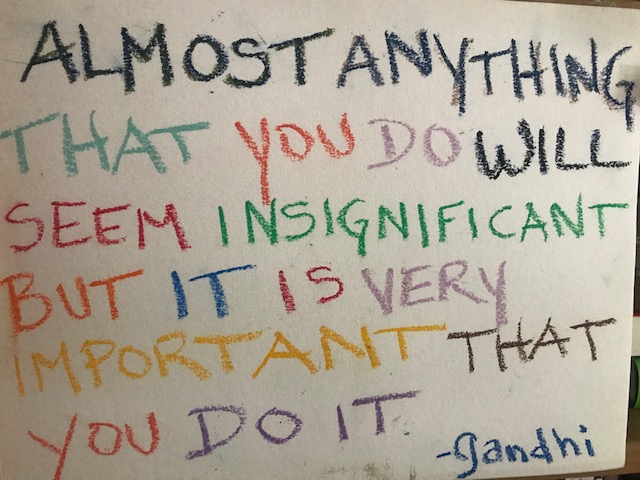Sometimes you come across people that permanently change the way you think. About life, yourself, or an area of study. They instill a sense of resolute optimism about the world and your abilities. Bear Braumoeller was that person for us. Wise, accomplished, brilliant,...






